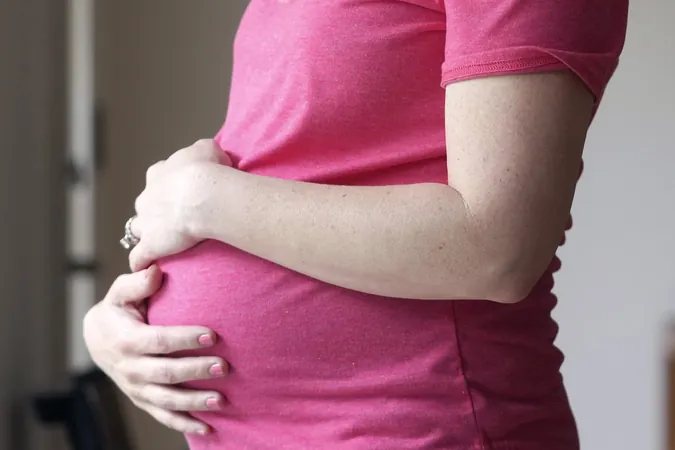
Revolutionary Study Unveils Shocking Truths About Pregnancy's Aftermath
2025-04-21
Author: Sophie
A groundbreaking new study has shed light on the profound transformations a woman’s body undergoes during and post-pregnancy, revealing unexpected long-term effects on vital organs like the liver and kidneys.
Drawing on a staggering 44 million measurements from over 300,000 pregnancies, researchers conducted 76 laboratory tests evaluated weekly from 20 weeks before conception to 80 weeks after giving birth.
Among the areas studied were the liver, kidneys, blood, muscles, bones, and the immune system. Dr. Anne-Maude Morency, an obstetrician-gynecologist at the McGill University Health Centre, highlighted the often overlooked postpartum period, stating, There is much less monitoring and attention paid to the postpartum period for women. Once the baby arrives, it’s as if we forget about the mother.
The findings indicate that recovery from pregnancy is not a quick process; about half of the physiological markers take anywhere from three months to a year to return to pre-pregnancy levels. Most notably, the research reveals a slow recovery that can extend from 10 to 50 weeks for many health markers.
For example, liver-related markers took around six months to rebound, while immune system indicators took five months. Alarmingly, some markers never returned to baseline even after a year!
Dr. Morency emphasizes, Just because you give birth doesn’t mean everything goes back to normal, pointing out the need for extended support for women post-childbirth.
The study highlights that the journey of postpartum recovery is distinctly separate from the trajectory of changes experienced during pregnancy. One of the key findings is that women who faced preeclampsia exhibited higher levels of certain blood components even before becoming pregnant, indicating potential risk factors that could be monitored for better maternal care.
Moreover, the researchers noted significant disparities between pre-pregnancy levels and values observed at 80 weeks postpartum, revealing elevated inflammation markers that could lead to prolonged behavioral changes and lasting physiological impacts.
This extensive dataset promises to deepen our understanding of pregnancy and postpartum physiology while encouraging further research into vital physiological processes.
Published in the prestigious journal Science Advances, this riveting study paves the way for enhancing maternal care and health monitoring, ensuring that women receive the attention they need long after the baby arrives.









 Brasil (PT)
Brasil (PT)
 Canada (EN)
Canada (EN)
 Chile (ES)
Chile (ES)
 Česko (CS)
Česko (CS)
 대한민국 (KO)
대한민국 (KO)
 España (ES)
España (ES)
 France (FR)
France (FR)
 Hong Kong (EN)
Hong Kong (EN)
 Italia (IT)
Italia (IT)
 日本 (JA)
日本 (JA)
 Magyarország (HU)
Magyarország (HU)
 Norge (NO)
Norge (NO)
 Polska (PL)
Polska (PL)
 Schweiz (DE)
Schweiz (DE)
 Singapore (EN)
Singapore (EN)
 Sverige (SV)
Sverige (SV)
 Suomi (FI)
Suomi (FI)
 Türkiye (TR)
Türkiye (TR)
 الإمارات العربية المتحدة (AR)
الإمارات العربية المتحدة (AR)